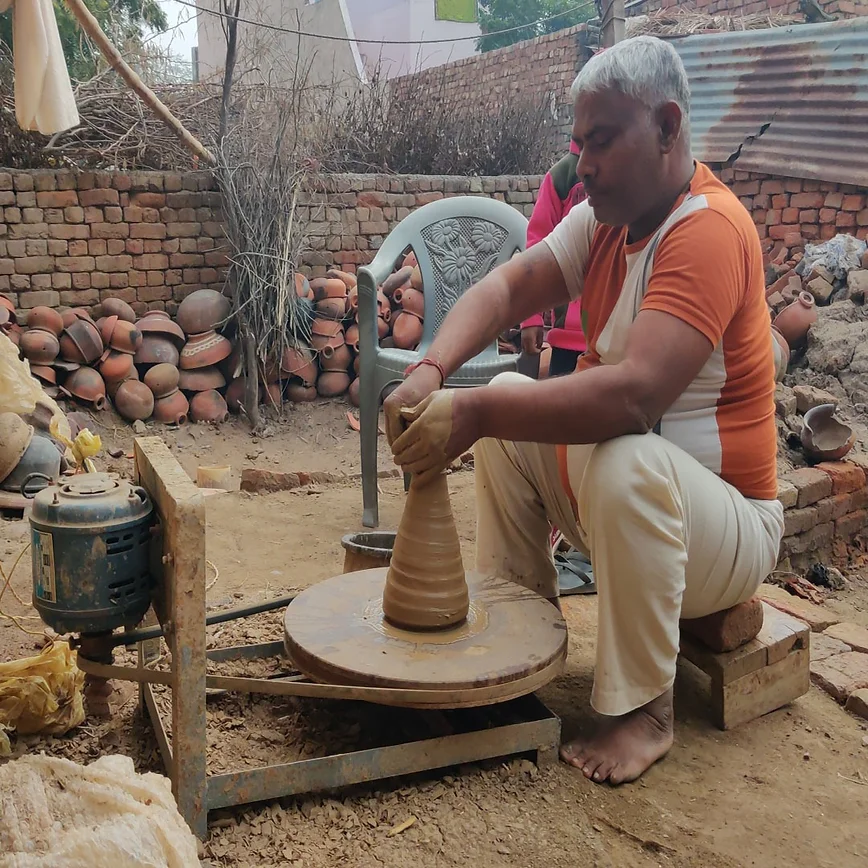Home
About Us
Capacity Building Assistance to Improve Health in Tribal Populations Program
by: Michael SaundersThe Centers for Disease Control and Prevention, otherwise known as CDC, is a United States agency that is operating under the Department of Health and Human Services.
|
|
The CDC constantly works towards the safety and protection of public health by way of providing them with essential information that would lead them to enhance their health decisions, and promote their overall health by forming partnerships with state health departments and other members of the health care team.
In keeping with all its existing programs and objectives, the Centers for Disease Control and Prevention has recently established a funding opportunity to promote the Capacity Building Assistance to Improve Health in Tribal Populations Program.
The program is primarily created to support the Healthy People 2020 project which greatly focuses on measuring, identifying, tracking and reducing health disparities.
The Capacity Building Assistance to Improve Health in Tribal Populations Program will to offer financial assistance to National Tribal Organizations that cater to tribal health departments in order to aid them in providing Capacity Building Assistance that is consequently thought to improve tribal health department quality, effectiveness, and efficiency in the delivery of public health services to their corresponding communities.
(continued...)
Capacity Building Assistance to Improve Health in Tribal Populations Program
Page 2
About The Author
Michael Saunders is an editor of TopGovernmentGrants.com one the the most comprehensive Websites offering information on government grants and federal government programs. He also maintains Websites providing resources on environmental grants and grants for youth programs. |
Additional Resources
category - Health Grants
International Research Collaboration on Drug Abuse and Addiction
Development of Measures to Determine Successful Hearing Health Care Outcomes
Health Resources and Services Administration's Licensure Portability Grant Program
Funding Opportunity Announcement: Developing Sustainable Healthy Behaviors in Children and Adolescents
Follow @topgovtgrant
Social Entrepreneurship
Spotlight
Reviving Ancient Indian Art Forms – Empowering Artisans Towards Entrepreneurship

Rivaayat is an initiative by Shri Ram College of Commerce, Delhi to revive various dying art form and solve innumerable problems faced by the artisans. Rivaayat began with reviving a 20,000-year-old art form of pottery that is a means of survival for 600 families residing in Uttam Nagar, Delhi.
